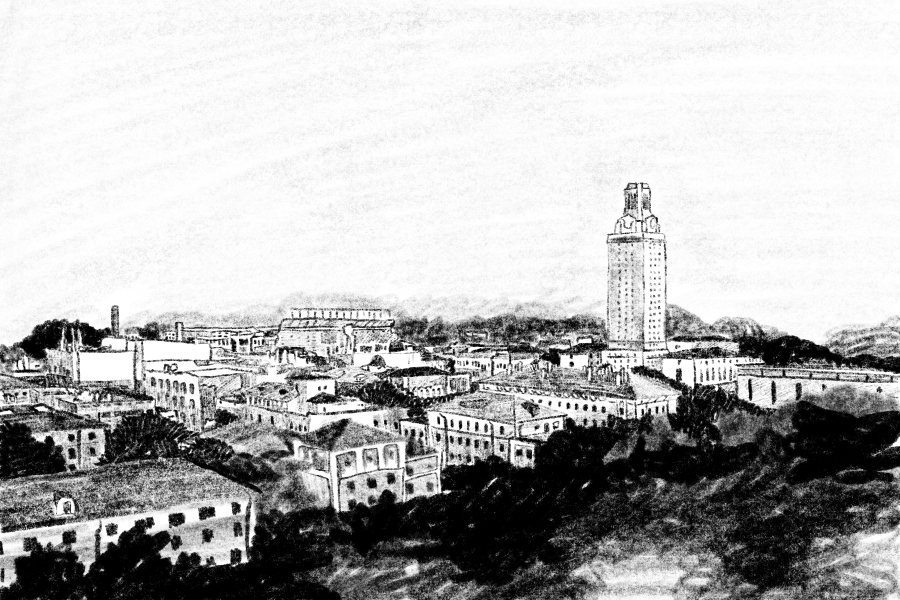Editor's note: This column was submitted to the Texan by a member of the UT community.
Students with an interest in the liberal arts must often make an impossible decision: should they study their passion or pursue a career? After all, majors like English or history have an infamous reputation for being unemployable: if you’re studying anything other than STEM or business, you might as well kiss your retirement fund goodbye.
It doesn’t have to be this way, however. Liberal arts programs do teach marketable, employable skills — yet UT’s College of Liberal Arts rarely gives students the opportunity to apply these abilities beyond an academic setting.
To rectify this issue, COLA must improve its internship and career development resources across all departments.
Internships and other experiential learning opportunities are often key to landing a good job after graduation — and they’re especially critical for the liberal arts. Writing in the Harvard Business Review, Lynn Pasquerella, president of the Association of American Colleges and Universities, said “93% of executives and 94% of hiring managers (are) indicating that they would be more likely to hire a recent graduate who has held an internship or apprenticeship.” Pasquarella goes on to note that internships and other real-world projects help students showcase high-demand liberal arts skills such as written communication and research.
However, this is where COLA falls short. As it is now, the College’s offerings for internships are inconsistent at best. Yes, a handful of departments like English and government offer robust in-house internships and internship programs. However, many other departments lack any sort of professional support altogether: sociology, American studies, linguistics … the list goes on.
While many programs in the Moody College of Communication or the McCombs School of Business require students to complete an internship to graduate, most COLA degree plans allow students to graduate without accomplishing experiential learning — if they offer opportunities for professional development at all. If other colleges make it a priority for students to gain real-world experience in their chosen field, then why does COLA not follow suit?
Despite the misconceptions, liberal arts programs do teach desirable skills. English majors develop tightly honed writing skills that can be vital to fulfilling communications or technical writing roles; psychology majors have a deep understanding of human thinking, allowing them to excel in marketing or sales careers; and history majors have fine-tuned research abilities that can be put to use in analyst and market research professions.
These are only a handful of examples — the liberal arts have boundless potential when given the right professional support.
COLA should rise to the occasion by bolstering its internship programs. Every department should have access to the same level of in-house internships and resources. Other helpful additions could include dedicated career coaching included in each degree plan as well as internship, part-time job and research opportunity directories. Not only would these additions meet employers’ rising demand for students to graduate with fully developed professional skills, but they would make for a more fulfilling college experience for all students.
Beyond improving academics, these changes can result in more diverse workforces and more effective organizations — organizations where English and linguistics majors can rub shoulders with engineers and computer programmers to craft computational documentation; where sociology majors work with human resources professionals to encourage compassionate policies and environments; where professionals of all backgrounds and interests have measurable, developed skills to contribute to nearly any industry.
Ultimately, no student who loves the liberal arts should feel that they have to give up their passion to pursue a more “practical” subject. By strengthening its career support services, COLA can prepare all its students for lifelong success and show that the liberal arts do indeed have a place in the workforce — they just need support to get there.
Gill is an English and rhetoric and writing junior from Austin, Texas.





















